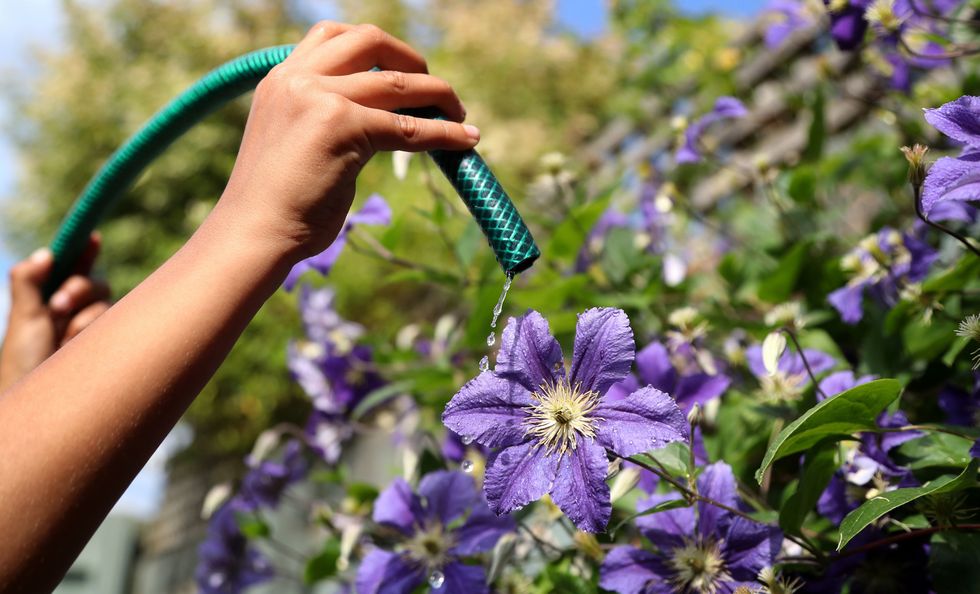UK health agency issues new heat alert with temperatures set to soar in coming days
Experts are advising people to look out for those who are older or with existing health conditions
Don't Miss
Most Read
Latest
A summer of hosepipe bans and fire warnings continues on Tuesday as a heat health alert comes into place across much of the country.
The UK Health Security Agency (UKHSA)’s amber alert covers southern and central England from midday on Tuesday until 6pm on Saturday, with experts advising people to look out for those who are older or with existing health conditions, as well as young children.
The amber heat alert “requires social and healthcare services to target specific actions at high-risk groups”, but is one stage lower than the most serous level four red warning issued in last month’s heatwave.
The Met Office said temperatures over coming days will not be as extreme as the record-breaking heat in July when the thermometer climbed above 40C, however it is still likely to rise into the low to mid-30s in central and southern parts of the UK.
Heatwave thresholds – which are met at different temperatures in different parts of the country – are likely to be hit in much of the UK.
Outside the hottest areas, much of England and Wales and south-east Scotland could see temperatures widely in the high 20s, with a chance of a few spots seeing temperatures into the low 30s, the Met Office said.
Scotland and Northern Ireland will also see temperatures in the high 20s and could reach official heatwave criteria by Friday, the forecasters said.
With the latest heatwave coming after months of low rain, which have left the countryside and urban parks and gardens tinder-dry, households in some areas are being urged not to light fires or have barbecues.
The Met Office’s fire severity index (FSI), an assessment of how severe a fire could become if one were to start, is very high for most of England and Wales, and will reach “exceptional” for a swathe of England by the weekend.
Scientists warn that the likelihood of droughts occurring is becoming higher due to climate change, driven by greenhouse gas emissions from burning fossil fuels and other human activities.
Climate change is also making heatwaves more intense, frequent and likely – with last month’s record temperatures made at least 10 times more likely because of global warming, and “virtually impossible” without it, research shows.
Hosepipe bans are already in place across parts of the UK
Gareth Fuller
Temperatures are expected to soar in the coming days
PA













